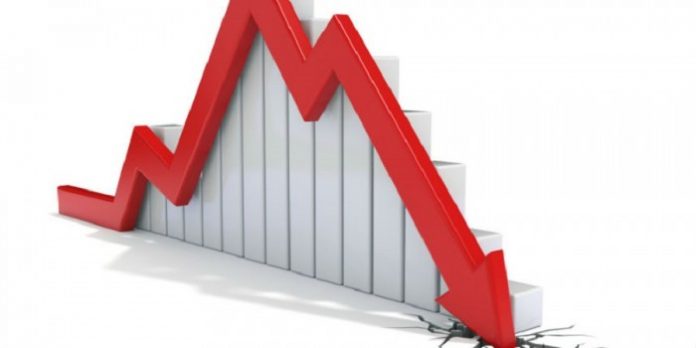The Ghana Statistical Service (GSS) on Wednesday announced a further drop in the country’s inflation rate to 22.4 percent in March, 0.7 percentage points lower than the 23.1 percent recorded a month earlier.
“The slower rate of inflation in March was due to the declining food inflation and a marginal decrease in non-food inflation,” said Samuel Annim, the government statistician at the GSS, during the regular monthly briefing.
Compared to February, food inflation declined 1.6 percentage points to 26.5 percent in March, while non-food inflation decreased marginally by 0.1 percentage points to 18.7 percent, Annim added.
Meanwhile, inflation for locally produced and imported items stood at 24 percent and 18.7 percent, respectively, compared to 25.1 percent and 18.5 percent the previous month, the statistician said.
Ghana has been implementing reforms since May 2023, backed by a 3-billion-dollar loan from the International Monetary Fund to combat crippling macroeconomic challenges, including high inflation, which reached a record high of 54.1 percent in December 2022, alongside ballooning public debt, fiscal slippages, and a constantly depreciating local currency.
Last Friday, March 28, the country’s central bank raised its policy rate by 100 basis points to 28 percent to further curb inflation, with the government setting an end-year inflation rate target of 11.9 percent for 2025.

